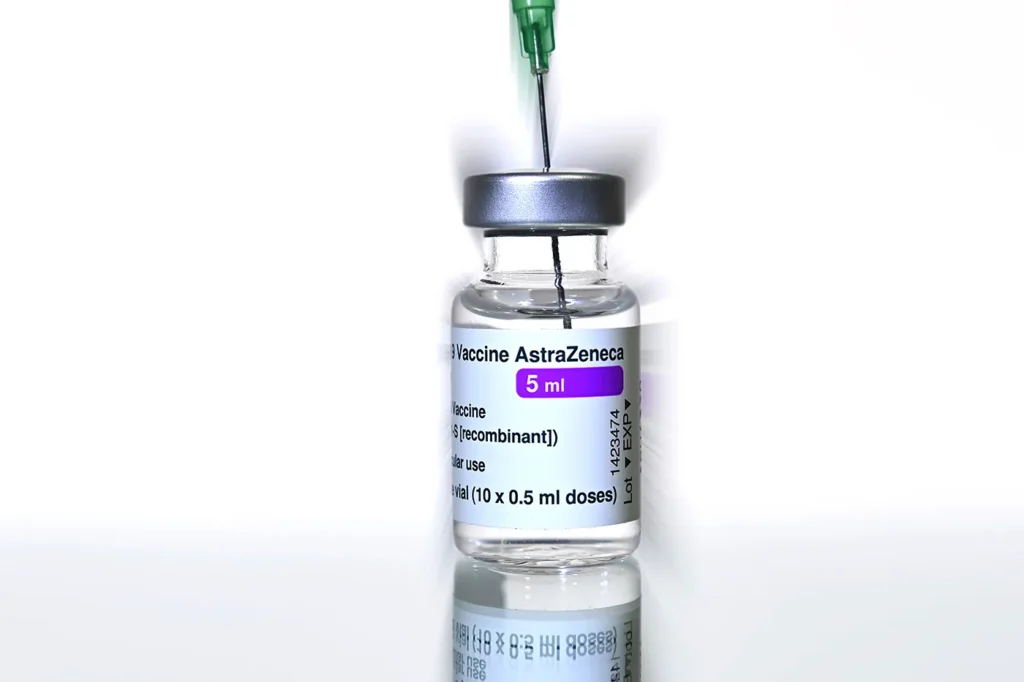Exposure to commonly used insecticides can be linked to a reduction in sperm concentration in adult men, according to a Northeastern University researcher.
The research, published in Environmental Health Perspectives, found that men who are highly exposed to insecticides such as organophosphates (OPs) and N-methyl carbamates (NMCs) have lower sperm concentration than those less exposed.
“There’s been plenty of animal and cell-based studies on these insecticides that have shown reproductive hazards,” says Lauren Ellis, the lead author of the study and a doctoral student at Northeastern studying population health and environmental epidemiology. “So it’s really important to understand the impact of these chemicals on human health, which is where epidemiology comes in, studying the impact not just on animals, but on humans.”
While there has been much research on the topic there have been limited meta-analyses of human evidence, Ellis says. For the study, the researchers sifted through three scientific databases (PubMed, Scopus and Web of Science) and two governmental databases (NIOSHTIC-2 and Science.gov) and analyzed over 25 studies conducted over 50 years that examined the relationship between OP and/or NMC insecticide exposure and sperm concentration in adult men 18 and older.




